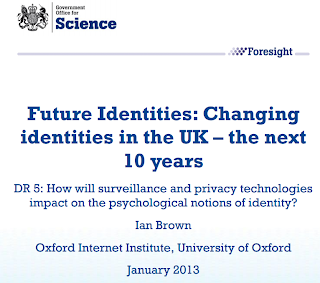Source: http://www.visionmobile.com/ Turning openness into a competitive advantage - full PDF report here . “Open” can mean different things to different people. Standardization and interoperability (a form of openness) were among the key factors that allowed mobile telephony and SMS to scale and achieve ubiquitous cross-carrier capabilities. As long as telephony and SMS were tightly integrated with telecom networks, interoperability of services between telecom operators meant interoperability of networks. For example, for SMS and MMS to work across operator boundaries, networks of different operators must interoperate at the service layer. The transition to IP made services independent of networks and changed this fundamental assumption. IP has become a universal interoperability layer between transport networks, while interoperability at the service layer took on a totally new meaning. For example, Whatsapp could displace much of SMS and MMS traffic and achieve huge global



